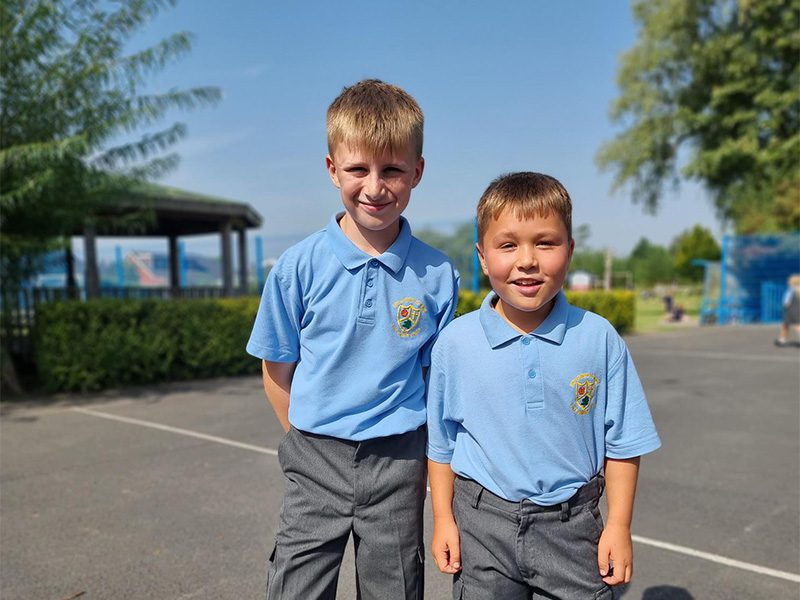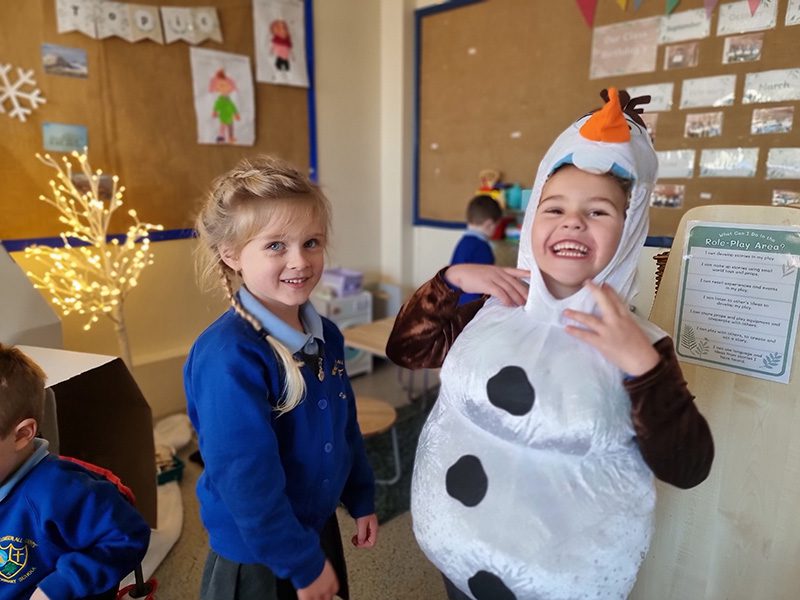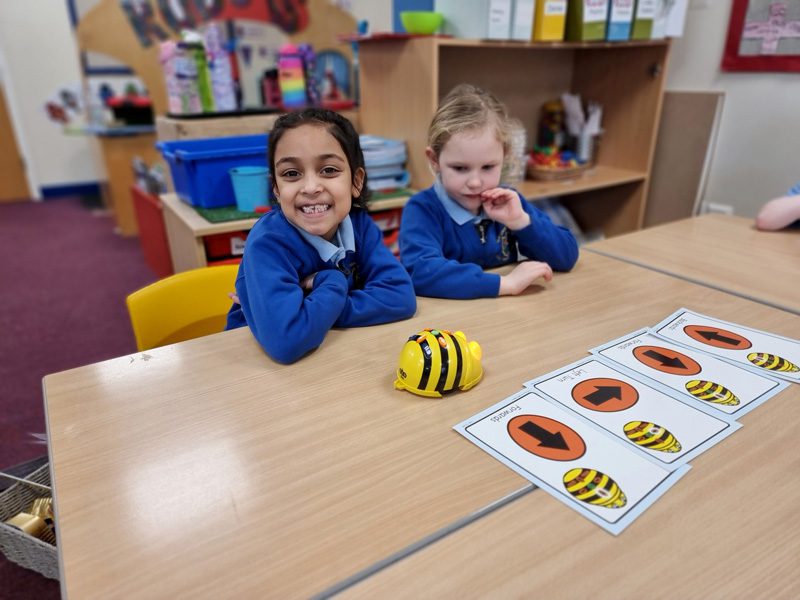Music
Intent
Our aim is for all pupils to be knowledgeable, expressive and inspired:
In Music, this means children are engaged and inspired by a well-designed sequential curriculum to be curious and interested to explore the world that we live in. Music is a universal language that embodies one of the highest forms of creativity. A high-quality music education engages and inspires pupils to develop a love of music and their talent as musicians, and so increases their self-confidence, creativity and sense of achievement.
As pupils progress, they should develop a critical engagement with music, allowing them to compose, and to listen with discrimination to the best in the musical canon.
Our Four Curriculum Drivers underpin our approach to learning across all subjects at NLAS.




Our intent is that our children learn about key historical musicians, periods and styles, experience the thrill of performing and composing and to be given the opportunity to experiment for form and function. They will also be given the opportunity to learn how to play an instrument and have a range of specialist music teachers available to teach them piano and guitar.
Through the teaching of subject specific technical vocabulary and opportunities for focused talk during lessons, children develop their ability to speculate, make connections and interpret evidence to develop their understanding about music and its impact on people, building their knowledge to support them throughout their journey in school.
Key musicians and genres are carefully chosen to help children to recognise the diversity of music across the world, providing an opportunity to deepen their frame of reference and show empathy and understanding to others. As such, resources and materials are selected to challenge their view of the world and what constitutes ‘popular’.
Linking the content of the curriculum to our 10 core values and our All Saints’ Way is essential in the teaching of music: empowering children with the confidence to have a go, to learn from mistakes and to keep trying and improving.
Children explore music within contexts that connect with their own lives e.g. singing in the local area, concert hall visits.
Within our Enrichment calendar, there are opportunities to develop links to key issues and current affairs, such as through Sing Up events, our yearly Carol Service and through our school cluster work.
All children, including those who have SEND or are disadvantaged are supported to fully access our curriculum. This may include additional adult support or the use of visuals, structured sentence stems, resources, etc. which acts as a scaffold for children’s learning.
Implementation
At NLAS we use a musical programme called Charanga which provides teachers with weekly lessons, assessment, progression, and engaging and exciting whiteboard resources to support all the requirements of the national curriculum.
In line with the curriculum for music and guidance from Ofsted, this Scheme moves away from the previous levels and learning objective/outcome concepts to an integrated, practical, exploratory and child-led approach to musical learning. Ofsted have stated that “We will not always know the learning outcomes” so segregated learning objectives at the start of each lesson are not appropriate. Instead the interrelated dimensions of music weave through the units to encourage the development of musical skills as the learning progresses through listening and appraising, differing musical activities (including creating and exploring) and performing.
The Music lead supports teachers and monitors standards by reviewing planning of units, talking to children with their books and completing walkthroughs and drop ins of lessons. Governors are also involved in these processes.
Impact
Children at NLAS can express informed opinions about musical styles and choices, make connections between a range of musical genres and periods, linking these to knowledge of other subjects, such as history and geography.
Children understand the profound impact music can have on others and themselves. They will show a passion for music and justify their individual preferences from a place of knowledge and experience.
Scheme of Work
The Charanga Musical Scheme, devised in line with the 2014 National Curriculum for Music, provides a structured programme which currently underpins the delivery of music education in our school. The scheme is rooted in practical music-making. Whilst it facilitates flexibility by way of offering a variety of units as options, staff augment their teaching with supplementary resources where appropriate.
| Class | Autumn 1 | Autumn 2 | Spring 1 | Spring 2 | Summer 1 | Summer 2 |
|---|---|---|---|---|---|---|
| Reception | Me! | My Stories | Everyone! | Our World | Big Bear Funk | Reflect, Rewind and Replay |
| Year 1 | Hey you! | Rhythm in the Way We Walk and The Banana Rap | In the Groove | Round and Round | Your Imagination | Reflect, Rewind and Replay |
| Year 2 | Hands, Feet, Heart | Ho Ho Ho | I Wanna Play in a Band | Zootime | Friendship Song | Reflect, Rewind and Replay |
| Year 3 | Let Your Spirit Fly | Glockenspiel Stage 1 | Three Little Birds | The Dragon Song | Bringing Us Together | Reflect, Rewind and Replay |
| Year 4 | Mamma Mia! | Glockenspiel Stage 2 | Stop | Lean On Me! | Blackbird | Reflect, Rewind and Replay |
| Year 5 | Livin’ On a Prayer | Classroom Jazz 1 | Make You Feel My Love | The Fresh Prince of Bel Air | Dancing in the Street | Reflect, Rewind and Replay |
| Year 6 | I’ll Be There | Classroom Jazz 2 | A New Year Carol | Happy | You’ve Got a Friend | Reflect, Rewind and Replay |
Assessment
Children demonstrate their ability in music in a variety of different ways. Teachers will assess children’s work in music by making informal judgements as they observe them during lessons. Video recordings are made of live musical performances for the children to use as self-assessment. On completion of a piece of work, the teacher will assess the work and give oral feedback. Older and more able pupils are encouraged to make judgements about how they can improve their own work. Individual class teachers will keep samples of children’s work in music for their own evidence. The Music Progression Document (above) will enable teachers to assess whether children are working below, above or at the expected level at the end of each year.
Progression of Skills and Knowledge
The Charanga Music Scheme is fully progressive and allows for learning to be built on across the curriculum. These progressions are to be read alongside this document and make up the curriculum expectation for Music at NLAS.

New Longton
Preston
Lancashire
PR4 4XA




